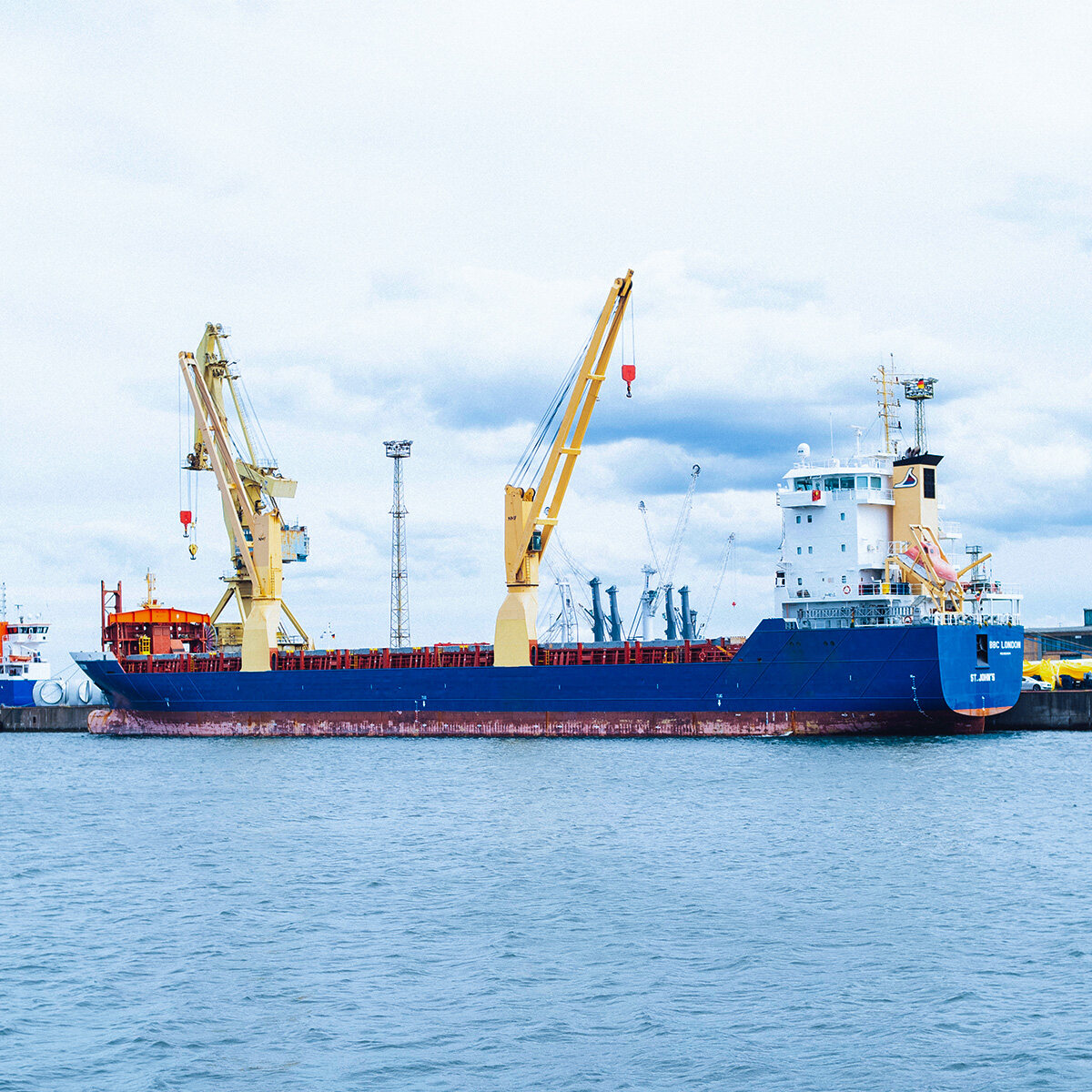Email format error
Email cannot be empty
Email already exists
6-20 characters(letters plus numbers only)
The password is inconsistent
Email format error
Email cannot be empty
Email does not exist
6-20 characters(letters plus numbers only)
The password is inconsistent


How does Logistics Affect Pricing?
Product pricing is a process that requires long-term consideration. Normally, it's of great necessity to start thinking about pricing when starting to make a product. Correct pricing is the most efficient way for freight forwarders to achieve profit growth. Every small price increase can lead to a big increase in operating profit. But at the same time, pricing is also a double-edged sword, because a small reduction in the price will lead to the great decrease in profit. So how does logistics affect pricing?
1. Composition of logistics pricing
The price is basically composed of basic freight and value-added service charges for freight transportation services. The basic freight rate consists of pick up charge, transit fee, delivery fee, etc. Value-added service refers to the provision of insurance, information services and others which will be chosen by default. In addition, logistics enterprises will also consider the labor costs, site costs, transportation costs and other cost factors in pricing.
2. Pricing factors
(1) Pricing target
Pricing targets refer to the establishment of a certain level of prices to achieve expected targets, such as profit targets, or market share targets, or stable price targets. There are different pricing criteria for different targets. For example, it can be started at a low price if started with market shares. It's necessary to have a clear distinction in price if the target is high-end.
(2) Rivalry
The more fierce the competition, the greater influence on the price. Particularly, those enterprises that are not in the leading position of competition can't lose sight of it. Especially when competitors adjust product prices, it is necessary to carefully analyze the market competition and adjust product prices.
(3) Cost
The cost can be divided into fixed cost and variable cost, which directly affect the profit of the enterprise. Cost is a prerequisite for corporate profitability. Product prices can be lower than average costs, but must be higher than average variable cost, which is what every business will consider. The cost mainly includes the following aspects:
-
Inventory cost refers to what spent on the preservation of goods. In addition to warehousing, damage and labor costs, insurance and taxes, it also includes the interests on the funds held in stock. Adding the interest of the capital held in stock into the logistics cost is the biggest difference between modern logistics and traditional logistics cost calculation, which reduces the logistics cost and accelerates the capital turnover together.
-
Transportation costs include international sea, air and shipper costs. The shipper costs include transportation department operation and handling costs.
-
Logistics management fee. In the United States, it is determined by an expert in a fixed ratio, multiplied by the sum of inventory costs and transportation costs based on the history of the United States.

